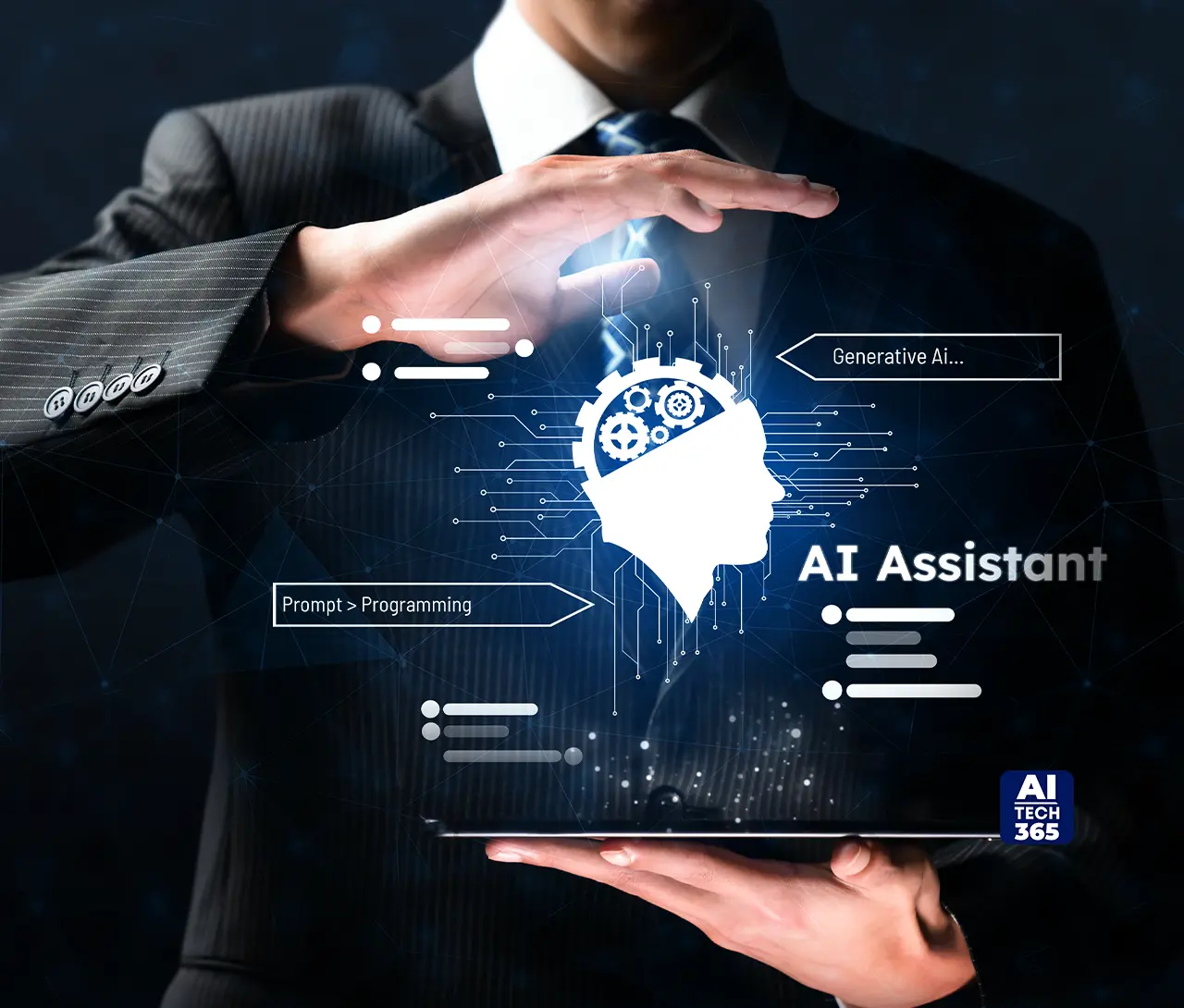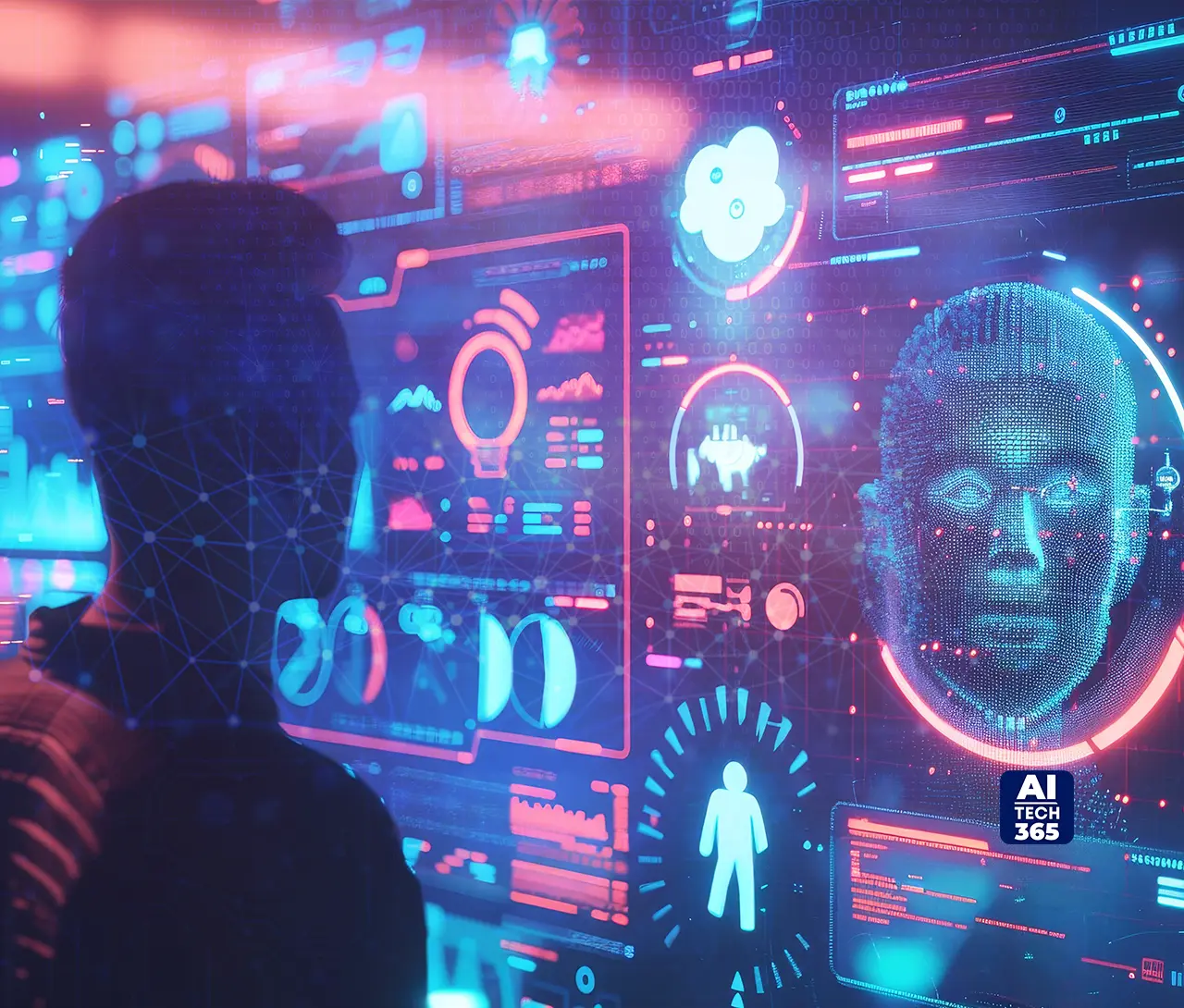Generative AI is no longer just a fancy tool marketers talk about. The technology is gradually transforming the marketing field to a more progressive way of working. The initial phase was accompanied by massive excitement and the possibility of hearing many extravagant statements. However, the enterprise level reveals the true situation. AI is facilitating the work of teams in faster times, providing them with the power of super-personalization, and making it possible for them to secure a significant advantage over the competitors. It is not that people are being replaced, but rather that they are endowed with the possibility of concentrating on higher-level strategy and creative thinking.
As per Google I/O 2025 revelations, firms are witnessing a transition to the user-friendly, made-to-measure, and more intelligent product experiences. Consumers consider it as a right to expect businesses to know them in a way that is both smooth and smart. Generative AI is the technology behind that phenomenon, however, it also poses a challenge to organizations to revisit governance, ethics, and the role of humans in supervision. The future of the market will be determined by the capability of the marketers to manage the triad of rapidity, personalization, and ethical application of AI.
Reshaping Enterprise Workflows and Productivity
Enterprise marketing has seen the rise of generative AI as a tool that is no longer the subject of fantasies. It has already had a big impact on how teams do their work, come up with ideas, and plan their actions. The major change among others is that the cost is no longer attached to the creation. Tasks that would have taken hours of labor, and specialized skill set beside the expensive resources have all been done almost instantly. Writing of emails, social media posts, ad copy, or video scripts can now be done at a pace beyond human teams’ capabilities. This rapid succession allows for marketers to test, revamp, and optimize their campaigns without being restricted by long approval processes.
Personalization at scale has also reached a level that was impossible before. Generative AI can produce highly specific content variations for niche audience segments or detailed A/B tests. This makes campaigns not only faster but smarter, with each interaction feeling custom-crafted for the recipient. Adobe’s 2025 report shows that AI and predictive analytics are redefining growth, helping marketers anticipate customer needs and deliver measurable business results. This demonstrates that generative AI is more than a tool. It is a growth engine that drives better outcomes.
Design and asset creation have seen similar improvements. The usage of placeholder images, removing backgrounds, and transforming assets for various platforms quickly requires only a small amount of effort. This lets the creative teams spend their time on more important things like strategy, storytelling, and high-value work instead of monotonous tasks.
These changes also create new marketing roles. The era of pure execution is fading. Teams now need strategic thinkers who can guide AI effectively. The ‘Prompt Engineer’ creates precise instructions to get the best outputs from AI systems. The ‘Strategic Editor’ makes sure all content aligns with brand voice, ethics, and strategy. Marketers have become curators, auditors, and ethical reviewers. Their value lies in shaping and validating AI output, ensuring it resonates with real people.
Through quicker working methods, more intelligent customization, and manager’s supervisions, companies now are able to conduct marketing activities that are not only more precise but also more effective than that. Incorporation of generative AI into the marketing division of the enterprise has an impact on the whole company’s work flow and changes the idea of success according to the pace of the world in which it operates.
Also Read: Cost vs Accuracy: Are Domain-Specific LLMs Worth the Investment for Enterprises?
Strategic Transformation and Leadership Decisions
Generative AI in enterprise marketing is moving beyond simple content creation. It is starting to shape how marketing leaders plan, predict, and make decisions. One clear example is trend forecasting. AI can scan huge amounts of consumer data and social chatter to spot emerging patterns much faster than any human team. This helps marketers adjust campaigns before competitors even notice what’s happening. At the same time, simulated testing is changing how campaigns are prepared. Large language models can mimic how customers might react to a campaign idea, letting teams tweak messaging and creative concepts for better results.
Marketing budgets are undergoing a transformation as well due to these changes. Investments that got exhausted on producing repetitive content can now be allocated to the essential things, such as training of staff, governance, and managing proprietary data. In other words, marketing spending can now more on the channels that contribute to the long-term growth while AI is assigned to the areas where human judgment is not necessary. The teams are producing more output in a shorter duration of time and the top management can see the measurable results with more clarity.
The CMO’s role is changing too. They are no longer just approving campaigns. The CMO’s role has been transformed to such an extent where they can now take control of the entire process all the way from brand voice definition, ethical and strategic limits setting, to AI content ownership. A major part of the CMO’s role is justifying the creation of content and not controlling its production line. That’s why Marketing has now turned into Editing and Curating, thus ensuring the content is in line with the brand and its strategy.
At DMEXCO 2025, Microsoft gave an impressive demonstration of the impact of generative AI on the marketing sector. They pointed out that the use of AI is resulting in zero User Interface (UI) interactions and at the same time, offering a more tailored experience to the consumers – thus changing the way people connect with the brands and how the decisions are made.
Generative AI is being considered not only for tactical deployment but also for the overall vision of the company, budget allocation, and top management. If used wisely, it gives the marketers the luxury of concentrating on strategy and creativity, while AI takes care of the production. The whole process of marketing becomes faster, smarter, and more adaptive, thus giving the company a distinct advantage. The marketing teams can now experiment, adapt, and innovate at a pace that was unthinkable before, and the management can make more enlightened and exact decisions.
The Human Element, Ethics, and Governance
Generative AI is capable of producing quite an impressive range of outputs but it still cannot be regarded as a tool that would be useful only once and then forgotten. One of the major difficulties is to guarantee that the content which comes out of the AI machine would in fact still be very much like your brand in terms of voice. AI can emit posts, emails, and ads at a fast pace but if it is not monitored it may produce messages that could be considered as dull or ordinary. That is the reason why marketers have to be very cautious and provide training to the AI model with their nice premium brand data. When the AI understands your tone, every email or social post can still feel human and consistent with the brand’s identity.
Ethics cannot be ignored either. There is always a risk that AI will reuse content it has seen during training, which could create copyright or intellectual property issues. Human oversight is needed to make sure everything is original. Bias is another concern. If the AI learns from flawed data, it can unintentionally produce messages that are unfair or off-brand. Humans are still needed to spot these issues and correct them before anything goes live.
Customer data is a big part of AI personalization, and privacy has to come first. Any AI system that works with personal information needs to follow rules like GDPR and CCPA. Handling this responsibly keeps customers’ trust intact, which is just as important as creating good content.
Oracle recently announced role-based AI agents in their Fusion Cloud Applications. Marketers are given the support of these agents in carrying out their campaigns in a more personalized manner and at the same time, monitoring and governing the process efficiently. They make it possible for the companies to be more agile in their operations but at the same time, they also help in keeping the supervision, which is a good demonstration of how technology and human decision-making can work hand in hand.
The human factor is the deciding aspect at the end of the day. AI can perform all the monotonous tasks and generate massive amounts of content, but still, the human is the one who decides on the content’s brand and audience alignment. The marketers have assumed the positions of the editors, curators, and guardians, constantly checking the quality of the content for authenticity, ethics, and trustworthiness. If AI and humans work together in this manner, then the companies will not only be able to obtain the speed and personalization they want, but also keep the voice, trust, or integrity that the customers expect.
The Future of the Enterprise Marketer
AI has permeated all aspects of marketing in the present time, but merely possessing the tools is not sufficient. The more important question is which teams collaborate and who ultimately makes the decision about what gets released. Marketers are becoming more like curators, keeping an eye on what AI produces and making sure it fits the brand. Deloitte’s 2025 report shows AI adoption is rising, social commerce is growing fast, and customer habits keep shifting. So basically, generative AI is not something you set up once and forget. Leaders have to keep adjusting it, testing it, and building it as things change.


